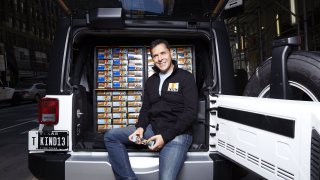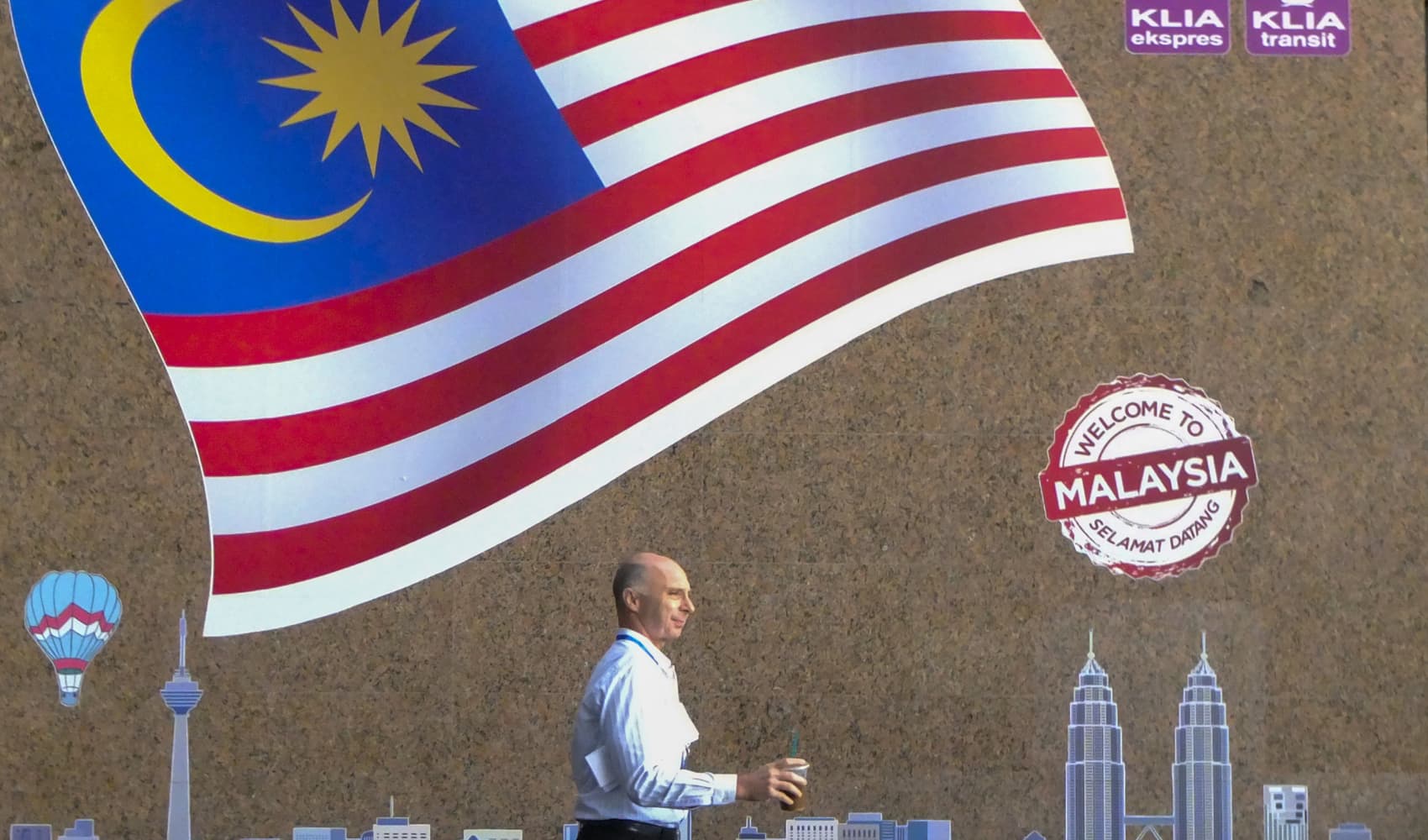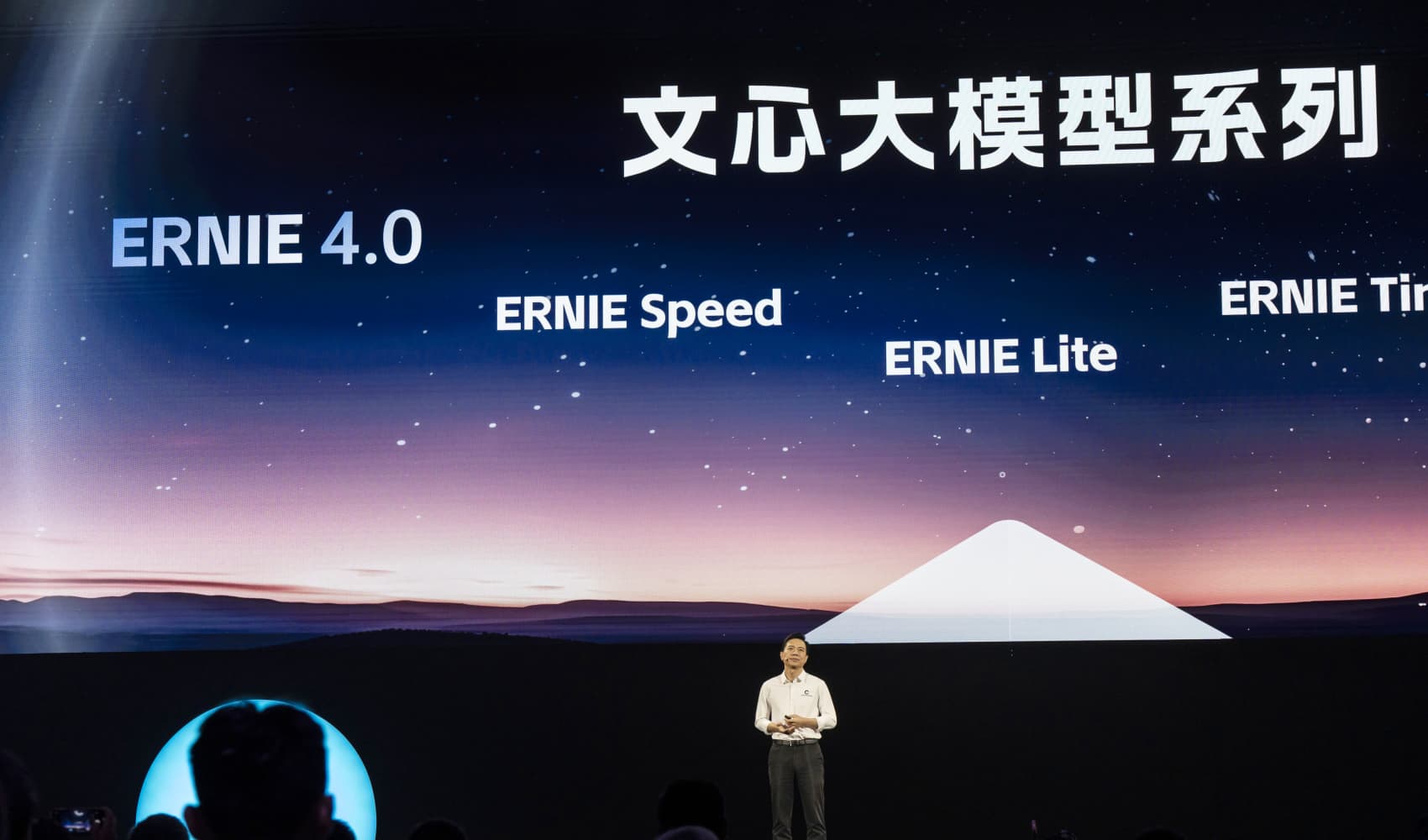
This story is part of CNBC Make It's The Moment series, where highly successful people reveal the critical moment that changed the trajectory of their lives and careers, discussing what drove them to make the leap into the unknown.
The first time Daniel Lubetzky accepted significant investment money for Kind Snacks, he made a huge mistake.
Today, Kind is a big name in the snacks industry, reportedly valued at $5 billion when it was acquired by food giant Mars in 2020. But back in 2008, the company was much smaller, and the money — roughly $16 million, from a private equity firm called VMG Partners — was hugely important for its ability to grow.
There was just a single catch: The deal called for Lubetzky to sell the company within five years. At the time, he thought it seemed like a good idea. But after four years, Lubetzky felt like he was still the best person for the job.
Get South Florida local news, weather forecasts and entertainment stories to your inbox. Sign up for NBC South Florida newsletters.
So, he made a gamble that saved him from losing control of his company — and ultimately enabled it to become a multibillion-dollar brand, he says.
He bought his shares of the company back from VMG.
It was expensive, risky and time-consuming. Lubetzky had to assemble $220 million for the deal, a mix of company cash and millions of dollars in bank loans. Any drop-off in Kind's revenue could have meant defaulting on that debt, possibly costing him his company for good.
Money Report
Negotiations took two years, culminating in 2014. Kind's annual sales nearly doubled that year — and when Lubetzky eventually decided to sell the company six years later, it was worth billions, not millions.
Here, he discusses the decision to repurchase those Kind shares, why he was willing to take such a big risk and how he overcame his fears to take back control of his company.
CNBC Make It: What were you thinking as the deadline to sell Kind approached? What made you decide to buy the private equity company's stake back?
Daniel Lubetzky: It's like when you go climbing. Once you get to one peak, you can see higher, and then you've got to climb another one, and then you see a higher one even.
That's what happened to me. Four years into the deal, I was realizing that Kind could become so much bigger.
My investors were pushing me to sell the company, and were very eager. My vision was to continue growing the company for many years to come. And their vision was to exit and get a return on their investment.
So we ended up buying them out. Now, because I hadn't pre-negotiated the terms for buying them out, it turned out to be very, very expensive — and very risky. It was a very painful negotiation.
How confident were you that your gamble would pay off?
I had a very strong feeling, informed by our momentum, that this was not the end — nor the beginning of the end — but the beginning of the beginning. And I wanted to keep going.
But that was a scary moment. What if something goes wrong? Then, all of a sudden, you have so much debt, and you could maybe even lose your company. I had sleepless nights. We probably had a loan of, like, $200 million.
I did a lot of research on what the company could be worth [in the future]. It was not just a total cowboy move, where I was doing it blindly. I would call it a very calculated risk, a very thoughtfully designed risk.
Still, things could have gone wrong. I could have lost the company. But I believed in Kind.
What do you wish you'd known in that moment?
Predominantly, I wish I had known that everything was going to be OK. There were a lot of sleepless nights and a lot of tension until we landed the plane.
I also wish I had known in 2008 that when I negotiate with a private equity firm, it's not their way or the highway. Once you bring in investors, it's no longer your company. You need to remember that it's now a company that you and others own.
At the same time, it is your baby, and you should try as much as possible to retain options for the future. Even if you think you know that in five years, you're going to want to do something, keep your options open. You never know where you'll actually be at that point.
Where do you think Kind would be today if you hadn't bought back control?
I think there's a possibility, or maybe a probability, that had we sold back in 2013, Kind would not have achieved what it's achieved today. We would have gotten lost in a large corporation.
When you sell a company to a larger company, if your company is not big enough to stand alone as a separate entity, big companies can't get themselves out of the way. They can really hurt the company that they acquire. You see it all of the time.
I am still a meaningful stakeholder in Kind today, and I still guide them. We've agreed with our partners at Mars that Kind will be a separate standalone platform, and Kind is still growing by double digits.
It's not just about me having achieved more financial success with this path. There is a possibility that Kind would have not reached the tens of millions of consumers that it reaches every day now.
This interview has been edited for length and clarity.
Sign up now: Get smarter about your money and career with our weekly newsletter
Don't miss:
This Mark Cuban-backed $110 million startup wants to make charging EVs like ordering takeout






